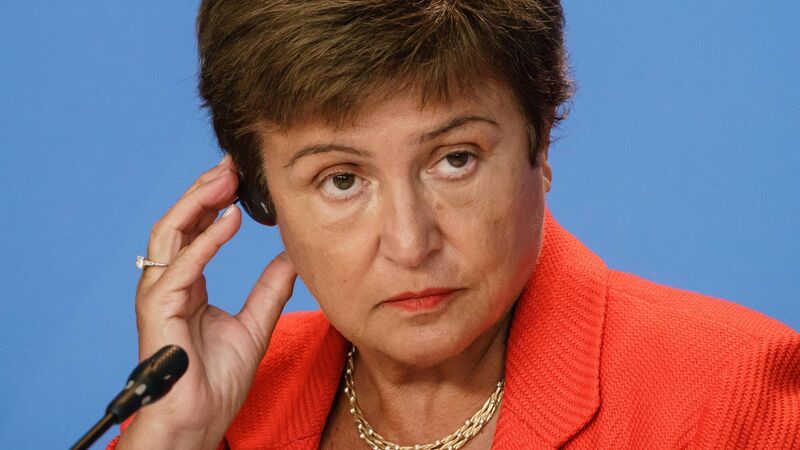IMF head warns US that strength of the dollar could harm many economies

Managing director of the International Monetary Fund Kristalina Georgieva: 'How long will the Fed be stuck with higher interest rates?'
The head of the International Monetary Fund warned the US that the global economy is closely watching interest rates and industrial policies given the potential spillovers from the world’s biggest economy and reserve currency.
“All eyes are on the US,” Kristalina Georgieva said in an interview. The two biggest issues, she said, are “what is going to happen with inflation and interest rates” and “how is the US going to navigate this world of more intrusive government policies”.














